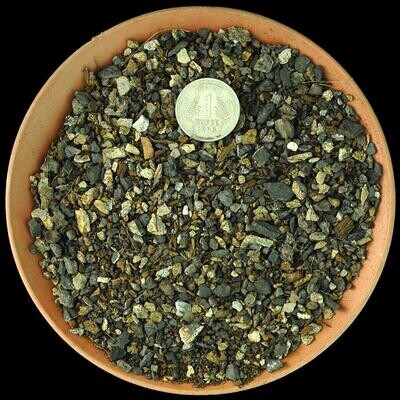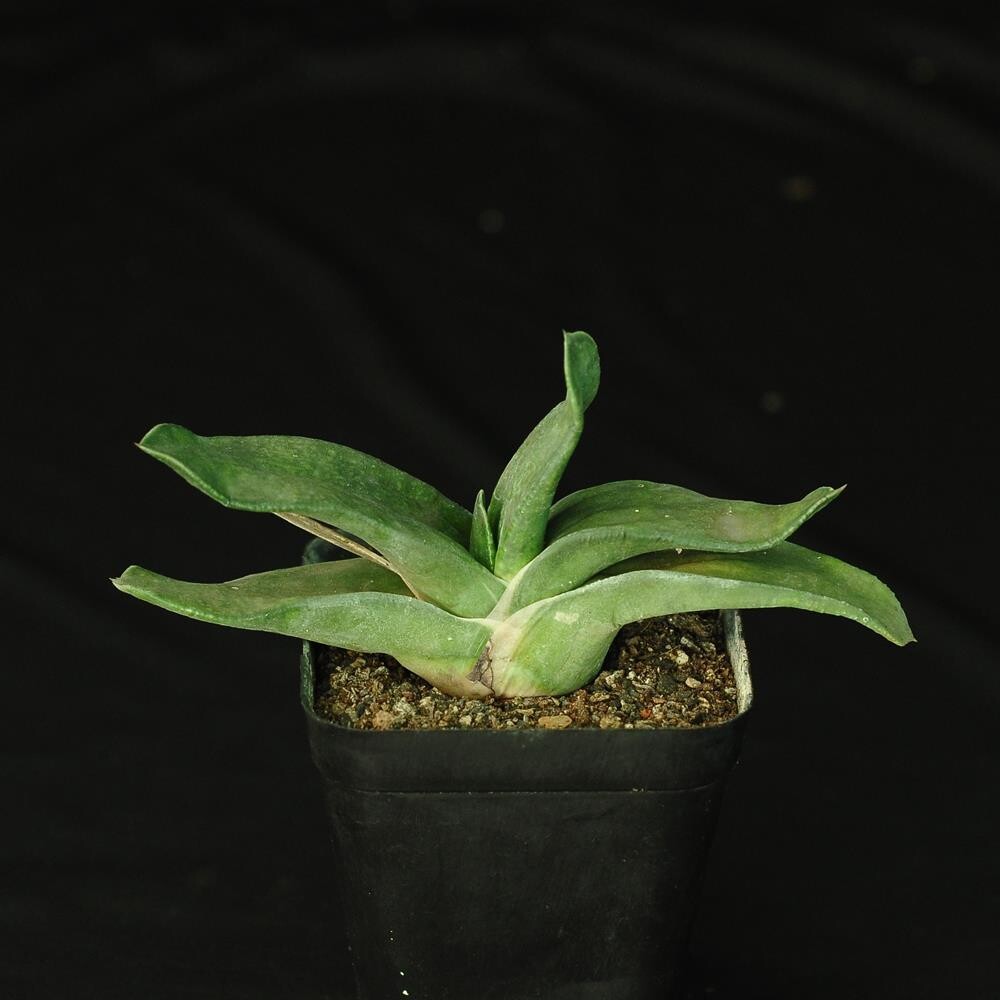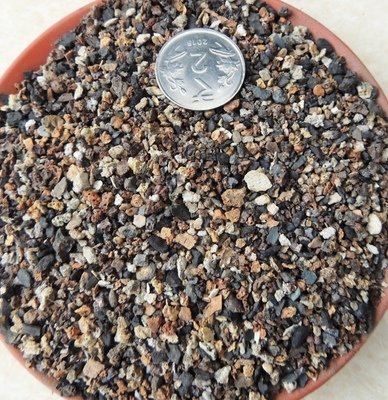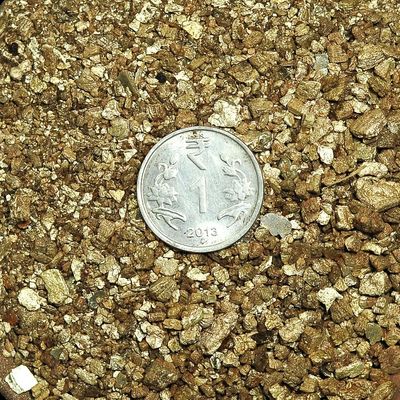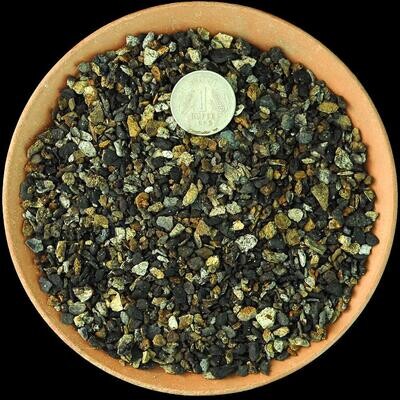Please check the Shipping Updates Page for information on shipping.
Gasteria acinacifolia
Origin of Name
Gasteria acinacifolia derives its name from a combination of Latin and Greek words: "Gaster," meaning stomach, refers to the shape of its flowers, which resemble a stomach, and "acinacifolia," translating to "scimitar-shaped leaves," indicating the unique form of its foliage. This name highlights both the distinctive flowers and the sword-like leaves of the plant, encapsulating its characteristic features.
Technical Description of Plant
Gasteria acinacifolia is a robust, slow-growing succulent noted for its large, upright, strap-shaped leaves that can reach up to 2 feet in length. The leaves are a deep green with a rough, warty texture and may exhibit a slight curvature. This species forms dense, solitary rosettes rather than the clustering habit seen in some other Gasteria species. The flowers of Gasteria acinacifolia are particularly striking, emerging on tall spikes above the foliage, displaying a curved, tubular shape typical of the genus, colored in a pale green with pinkish tips, blooming in spring to early summer.
Origin of Plant
Gasteria acinacifolia is endemic to the Eastern Cape Province of South Africa, where it thrives in shaded, rocky outcrops and crevices. Its adaptation to these specific microhabitats has resulted in its unique leaf morphology and growth habit, designed to maximize water retention and minimize sun exposure.
Conservation Status
As of my last update, Gasteria acinacifolia was not listed as endangered but, like many endemic plants, it faces threats from habitat loss and environmental changes. Conservation efforts are focused on habitat preservation and sustainable cultivation to ensure the survival of this and other native South African succulents.
Care Instructions
Gasteria acinacifolia prefers indirect light or partial shade, mimicking its natural understory habitat. It requires well-draining soil, ideally a cactus or succulent mix, to prevent root rot. Water moderately during the growing season, allowing the soil to dry out between waterings, and reduce watering in the winter. This plant is relatively cold-sensitive and should be protected from frost. Fertilize sparingly with a succulent fertilizer in the spring and summer to encourage growth and flowering.
